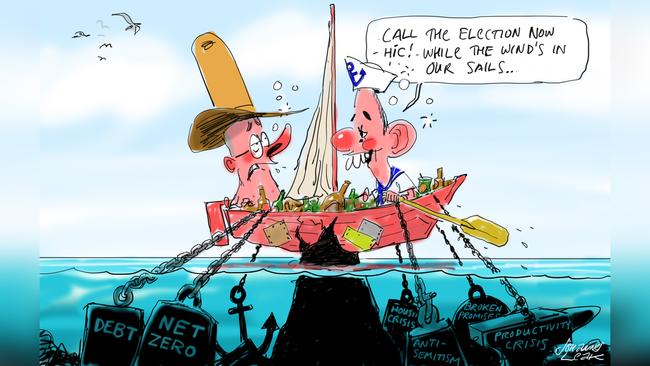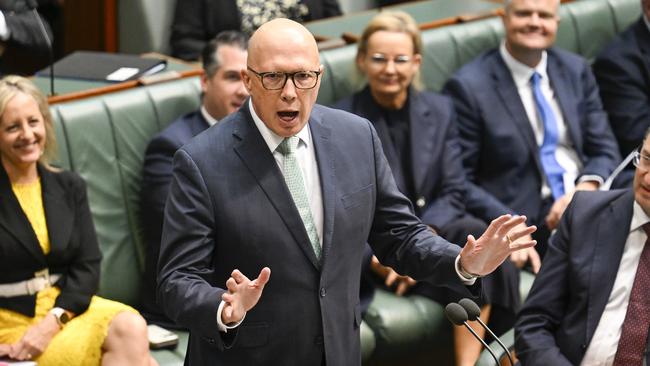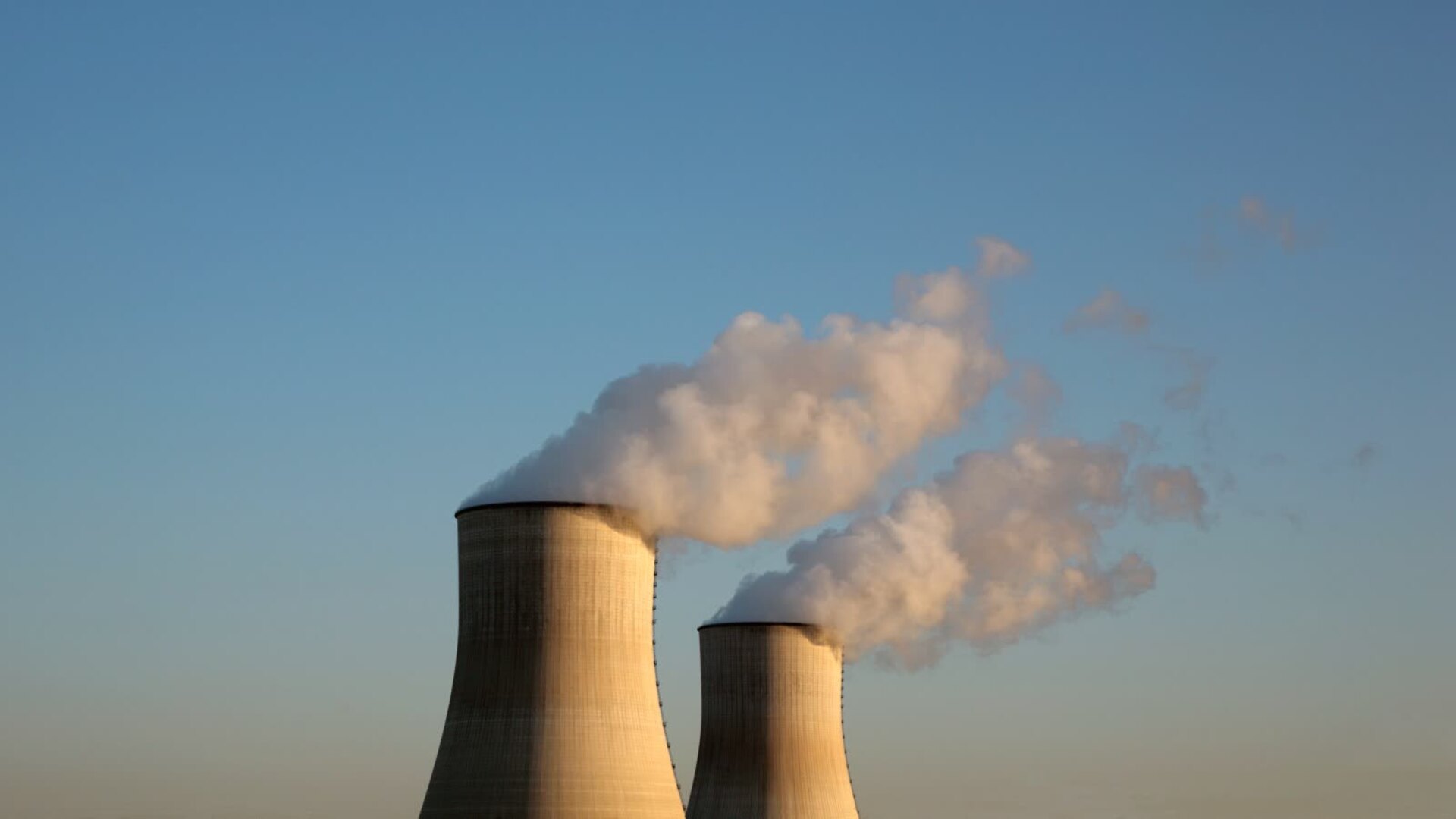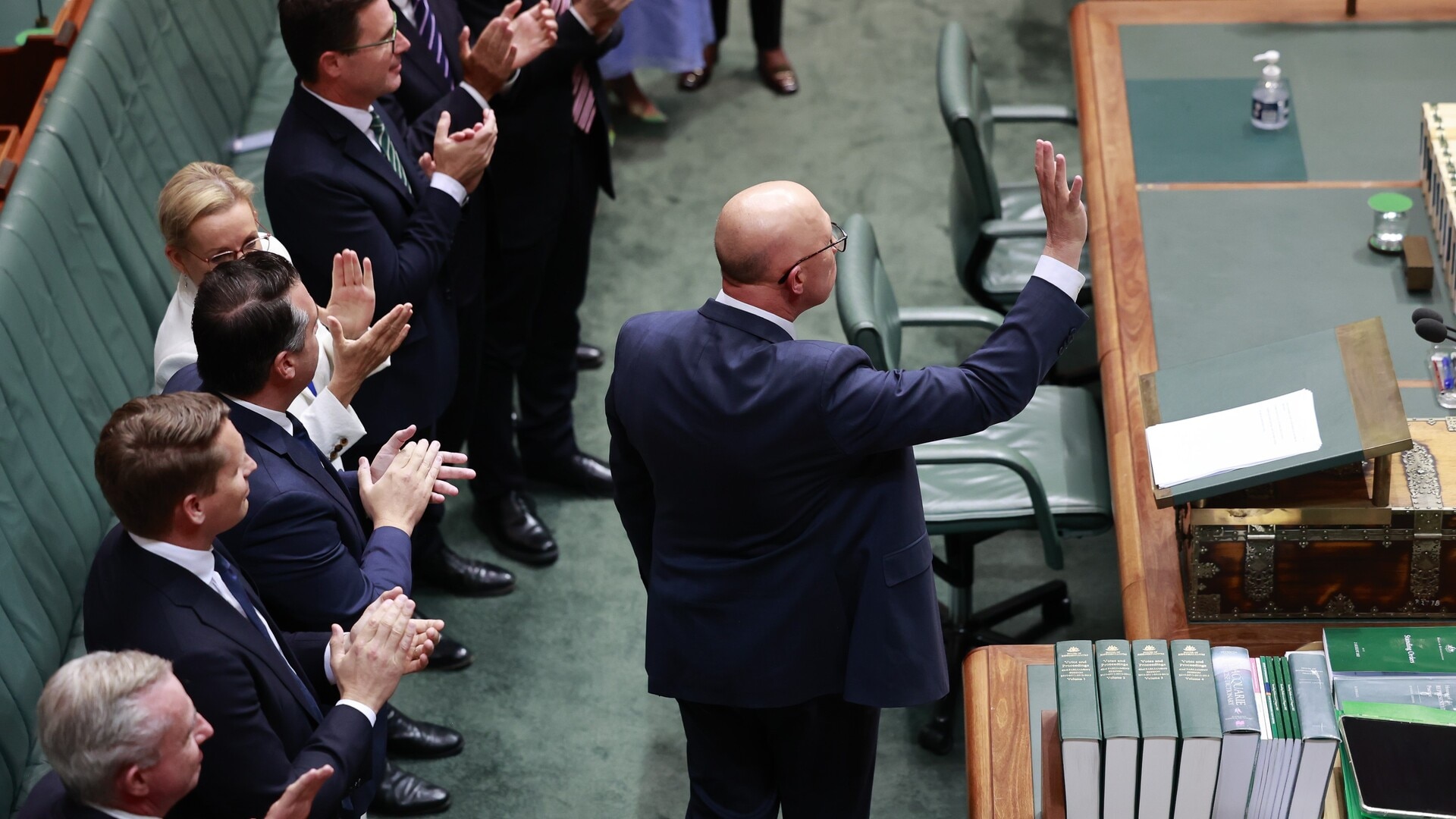
Peter Dutton believes he can win the election and is taking a win at any cost approach.
It not a contest, it’s a bare knuckled-fight.
The Liberal leader’s pitch is immediate and real relief to households, through lower petrol prices in the short term and lower energy bills over the medium term, leaving Anthony Albanese to explain why workers will have to wait more than a year for a 70c a day tax cut to pay higher prices for both.
The national gas plan becomes a marker for structural reform in the energy sector to drive down prices.
On this the Coalition has succeeded before.
The fuel price relief is about getting through the next 12 months.
On small business, he will lift the instant asset write-off and make it permanent, locking in the Coalition as the party of the economy’s engine room.
Dutton believes voters will see through Labor’s political tax ploy.
He is attempting to force Albanese to fight on his terms in what he believes is Liberal Party home turf in this election – the outer metropolitan suburbs.

Dutton’s reflex to the old politics of bowser prices is based on a basic principle of psychology.
When offered $50 today or $100 tomorrow, a surprising number of people choose the quick and early cash.
The Opposition Leader is not only offering quicker cash than Labor, but a significantly larger quantum.
For outer suburban families who spend half their lives in a car driving from one place to another, old politics becomes smart politics. This is Dutton’s target audience.
Economically they are the ones hardest hit by the cost of living. Politically, they are the same people who will decide the outcome of the election.
For Dutton, the economics and politics on who is in most pain are in complete alignment with fuel tax relief and energy bills.
Labor won’t match him on fuel prices and has lost credibility on lowering power prices beyond direct subsidies on bills.
Dutton wraps this in a powerful message that tries to appeal to those disenfranchised and disappointed by the Albanese government.

For this to be successful, he will need to counter Labor’s equally strong message that Dutton presents a risk at a time of great uncertainty.
“Every election is important,” says Dutton. “But this election matters more than others in recent history.
“It’s a sliding doors moment for our nation.
“A returned Albanese government in any form won’t just be another three bleak years: setbacks will be set in stone.
“Our prosperity will be damaged for decades to come.”
Beyond the election politics, Dutton has identified the three difficult and longer-term policy challenges for government with a budget full of red ink.
Getting the budget back in shape, finding a pathway to real tax reform that address bracket creep, and finding dollars for defence which fund rapid capability upgrades.
Realising the Coalition needed to do something powerful to regain the political momentum lost over the course of the past three months, Dutton needed an immediate response to Labor’s surprise budget tax cuts.
An opposition vacuum at the start of the campaign would have been lethal.
Instead, he now may well have stolen the march on the Prime Minister, after weeks of apparent political paralysis with a political riposte on the inadequacy of Labor’s tax plan and its 15-month delay.
There are dangers in both approaches.
Both Dutton and Albanese also appear to be in the early stages of what could become an out-of-control election auction.

Neither the fuel excise nor Labor’s tax cuts were in either leader’s thinking just two weeks ago.
The election strategy is now being dictated by tactics.
With cost of living as the battleground, two questions become critical to what lies ahead.
Has the Albanese government fired off already the biggest shot in its locker with its $17bn in tax cuts? Or will it now completely cook the budget books in response to Peter Dutton’s $6bn in fuel excise cuts by now dreaming up a kooky plan to counter it.
The risk is that the spending contest escalates even further, with a complete abandonment of budget rectitude from both sides, as economists look on in horror. Jim Chalmers’ claim that the election will be a battle of the burbs is accurate. Each side will claim they have won round one.



